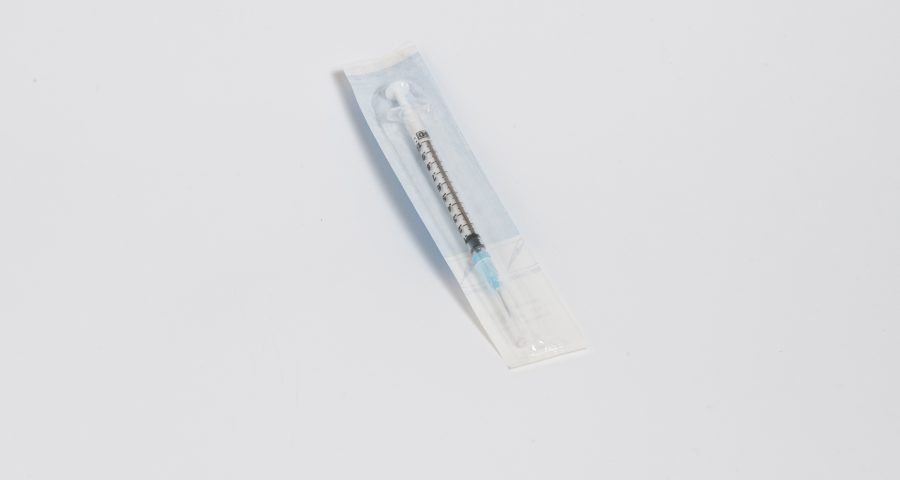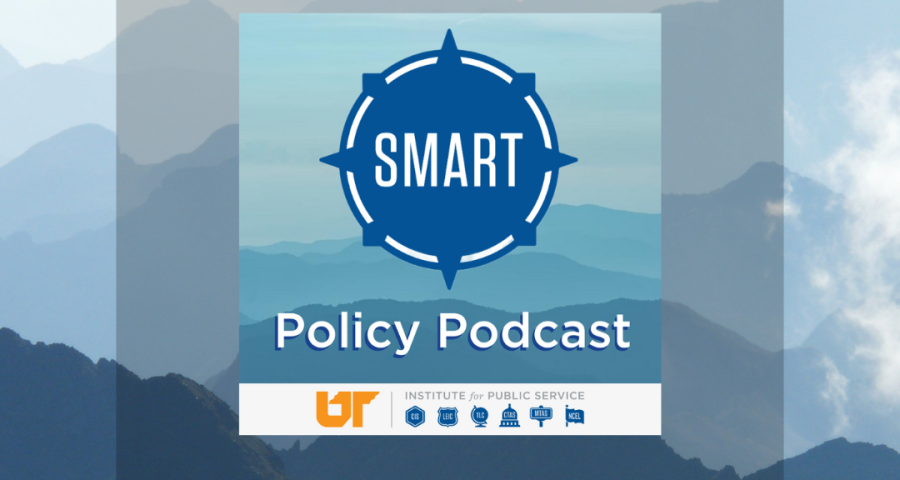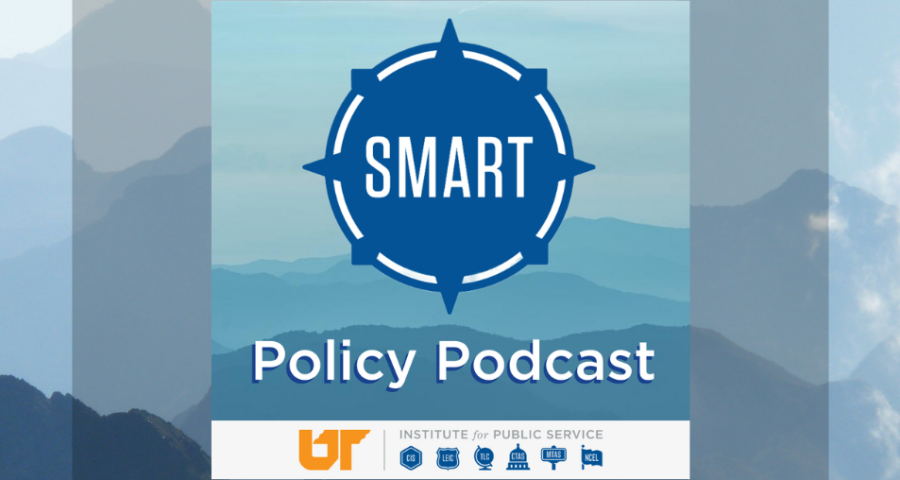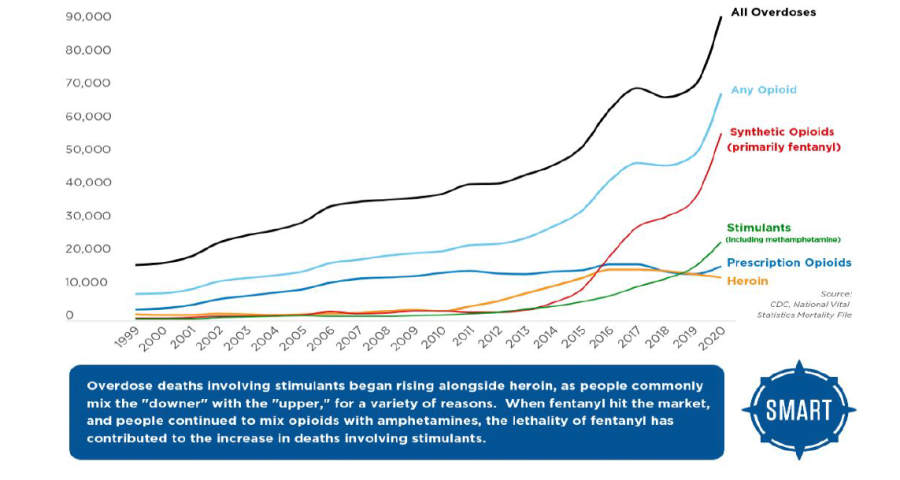Key Points Harm reduction is a policy philosophy aimed at minimizing negative health outcomes by embracing compassion and rejecting stigma. It is often described as “meeting people where they are.” The core of harm reduction is acknowledging the lethality of modern drugs such as fentanyl. If you keep the person
New Policy Brief: Harm Reduction








